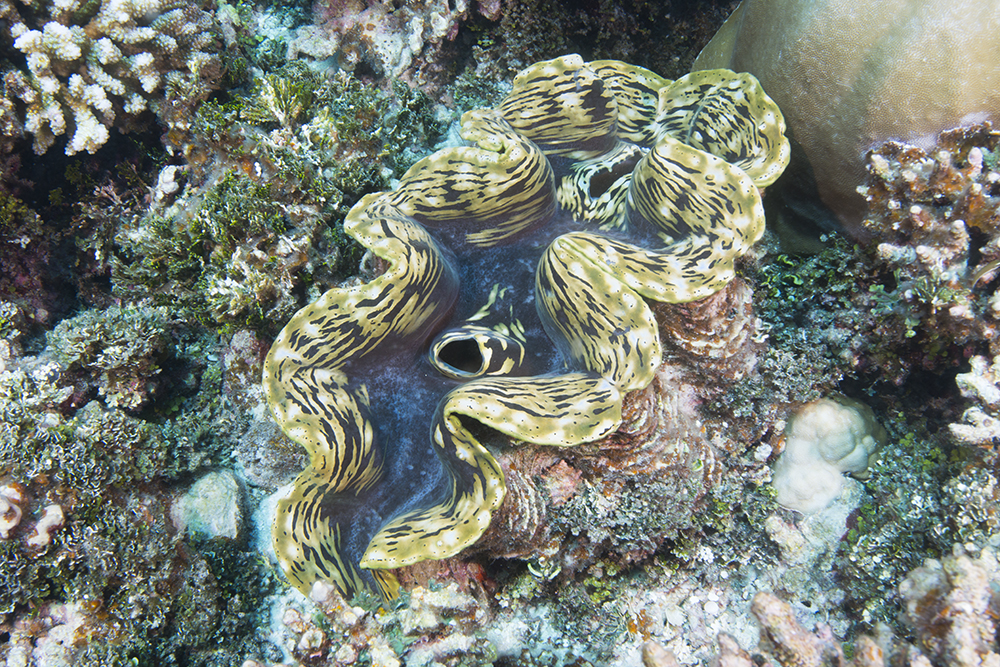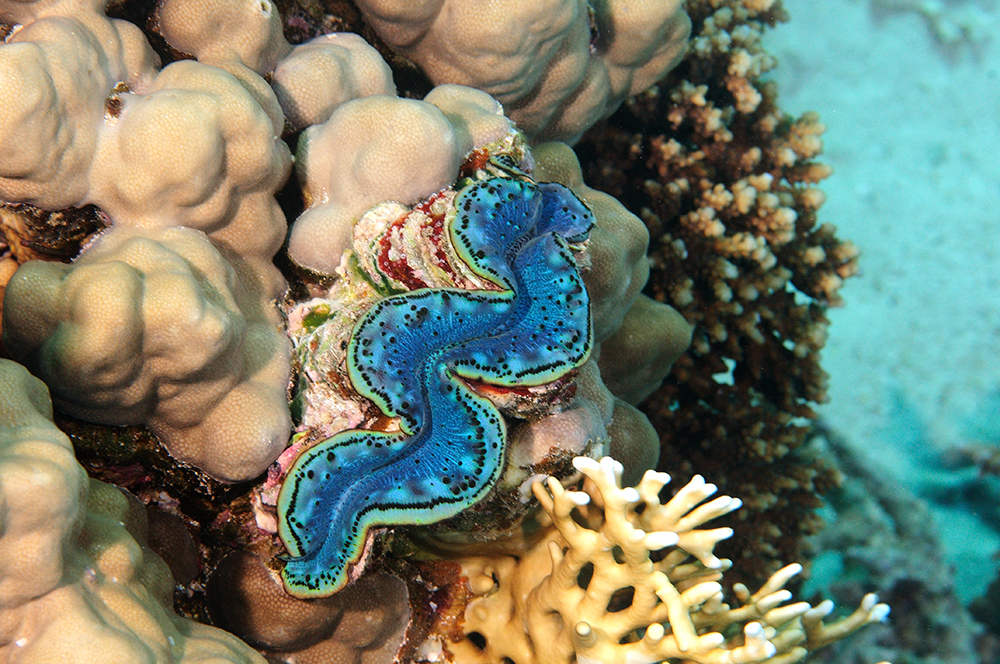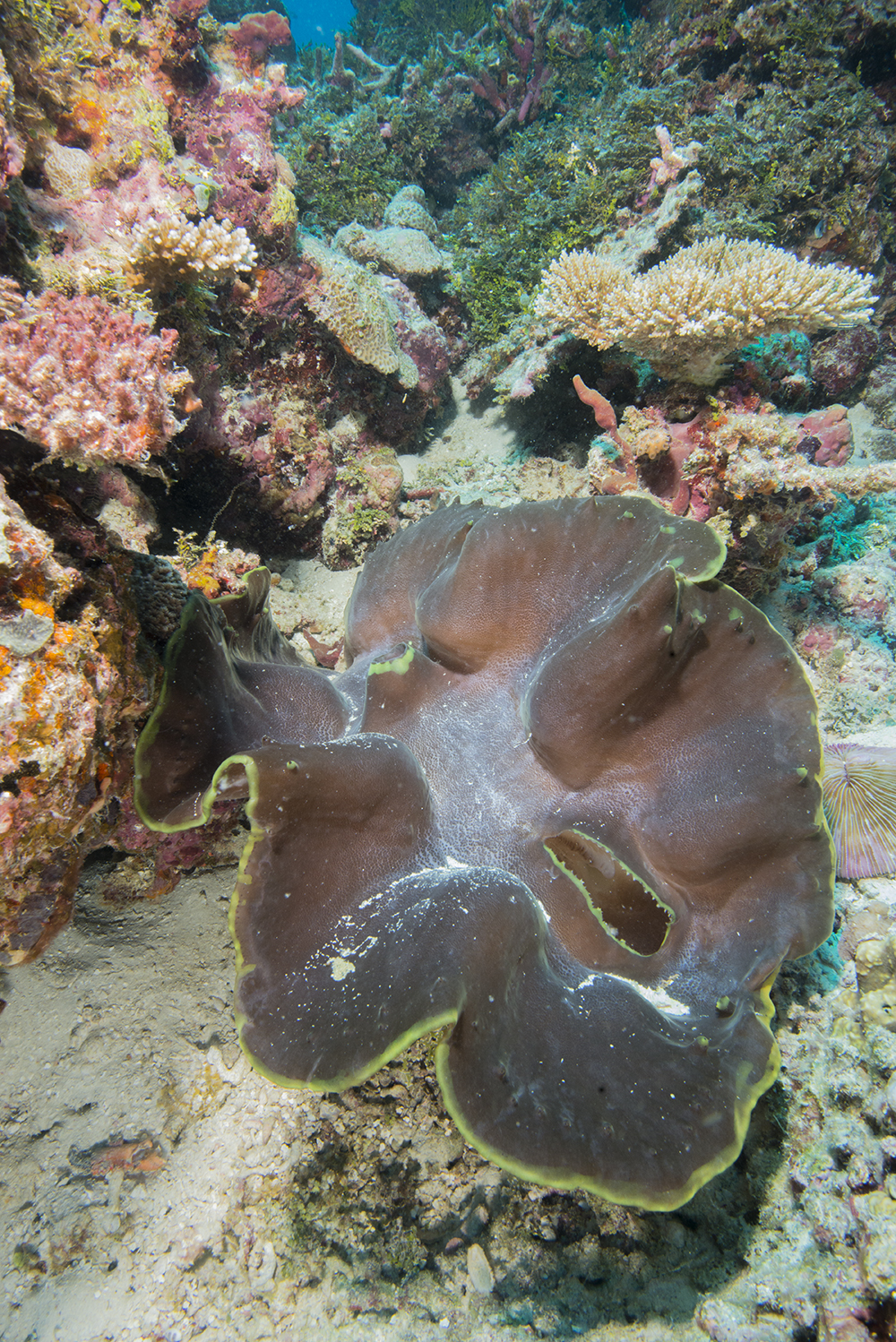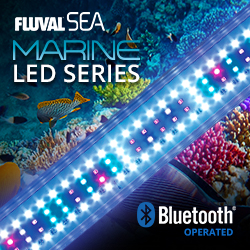Yep, you heard it right. Clams might help to create biofuels, according to researchers at Penn State University. The ability of clams to scatter bright light across the algae they contain, using specialised cells in their mantles (iridocytes), has inspired researchers to describe clams as “solar transformers”.
“What those sparkly cells are doing,” Alison Sweeney (assistant professor of physics in the Penn School of Arts and Sciences) says in a press release, “is causing light to propagate very deeply into the clam tissue and spread out.”
The researchers set out to create a material using nano particles that would have similar properties to the clams’ iridocytes.
“It’s very efficient, and it’s very difficult to achieve,” Shu Yang, a professor of materials science and engineering says in a press release. “People are trying to do this by designing nanoparticles, but you need to do a lot of synthesis and find ways to precisely control their size, shape and optical properties, which becomes complicated and expensive. Our method is both simple and inexpensive and at the same time achieves better results than all these other systems.”
The team’s next step is to create gel structures to contain algae, again mimicking those in clams. They will then ‘marry’ their artificial iridocytes with the algae colonies to see just how efficiently algae can be grown for eventual conversion into biofuels
“It’s exciting to see the clever, non-intuitive ways that life has come up with to solve problems,” Sweeney says. “Typically, evolution is a lot more clever than human engineers, and the trick is to ask smart questions about what design problem is being solved in each evolutionary case. It’s figuring out these really clever design strategies that you wouldn’t get to from a top-down human approach.”
Journal reference:
Hye-Na Kim, Sanaz Vahidinia, Amanda L. Holt, Alison M. Sweeney, Shu Yang. Geometric Design of Scalable Forward Scatterers for Optimally Efficient Solar Transformers. Advanced Materials, 2017; 1702922 DOI: 10.1002/adma.201702922












0 Comments